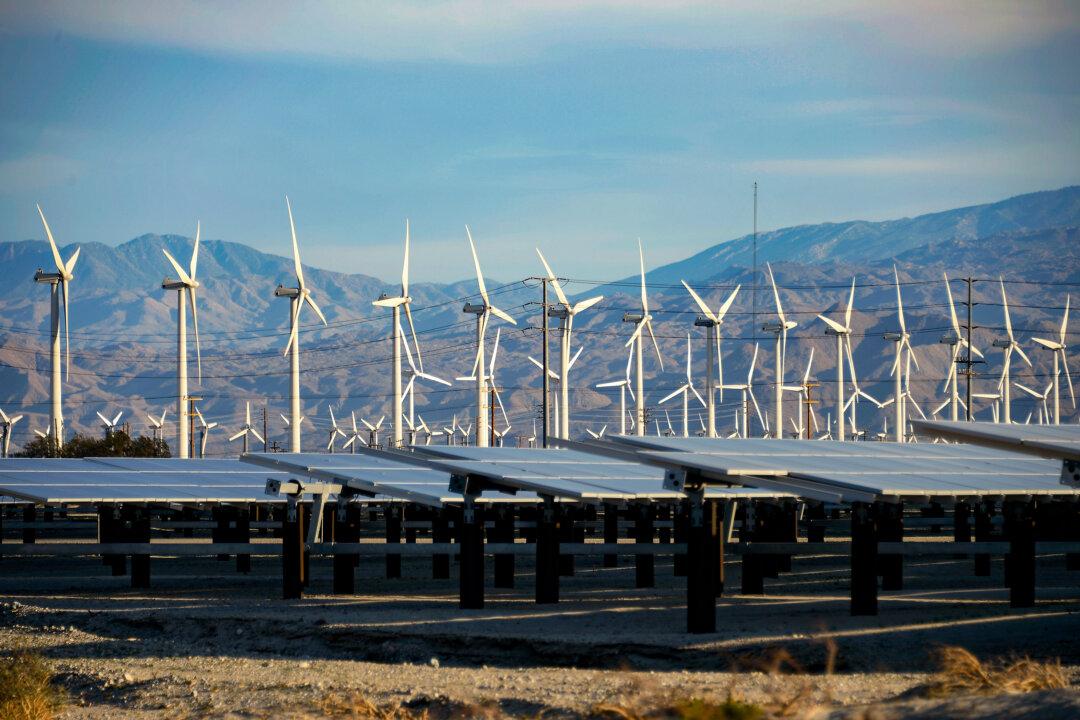Georgia’s Public Service Commissioner Tricia Pridemore appeared before the House Energy Climate Grid Subcommittee on Feb. 14 and made one request to Congress: “Rein in the EPA.”
“They’re putting unnecessary burdens on the backs of ratepayers, and they’re certainly limiting innovation,” she said.





